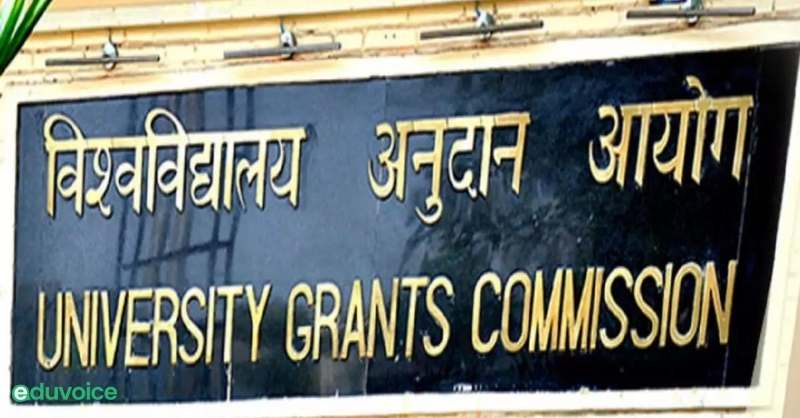UGC Undergraduate Framework 2022: University Grants Commission (UGC) on January 31 released the draft for the National Higher Education Qualification Framework (NHEQF). The draft is available in the public domain and focuses on reforming the Higher education system in India based on the new National Education Policy. The commission is seeking suggestions from the public. Post-closing of the feedback process, a decision regarding the NHEQF 2022 can be expected from the commission.
It is noted that the framework has been divided into 10 levels. Out of those 10 levels, levels 1 to 4 will focus on school education, whereas levels 5 to 10 will focus on higher education. At every level, the students will be assessed based on parameters, including knowledge and understanding of theory; cognitive and technical skills; application of knowledge and skills; decision-making abilities; constitutional, humanistic, ethical, and moral values; employment-ready skills and the entrepreneurship mindset. The deadline to submit feedback ends on February 13, 2022.
Steps to view NHEQF draft
- Visit the official website ugc.ac.in
- Go to the notice section and click on link which reads UGC Public Notice regarding Inviting Feedback/Suggestions from all stakeholders on draft National Higher Education Qualifications Framework (NHEQF).
- Post clicking on it, the NHEQF Draft will be opened on the screen.
UGC Undergraduate Framework 2022: UGC invites suggestions
- The 72 page draft can be checked by following the steps mentioned above.
- After viewing the draft, individuals can submit their suggestions at nepnheqf@gmail.com
- The last date to submit suggestions ends on February 13, 2022.
“It has been felt that given the size of the higher education system and the diversity of institutions and programmes of study in India, the country needs to move towards developing a nationally accepted and internationally comparable and acceptable qualifications framework to facilitate transparency and comparability of higher education qualifications at all levels. The NHEQF is an attempt in this direction,” the draft reads.
NHEQF fixes credits for research degrees
Considering the NEP 2020, the draft NHEQF fixes the number of credits that are required to clear the different levels of programs. These programs include four-year undergraduate programme, master’s degrees, and doctoral degrees. It has been mentioned in drafts that students who are looking to exit the undergraduate programme with a certificate will require 40 credits. Students with a diploma after two years will need 80 credits and a degree after three years will have a requirement of 120 credits; degree with honors/research after four years with 160 credits.
For More Such Articles, News Update, Events, and Many More Click Here






